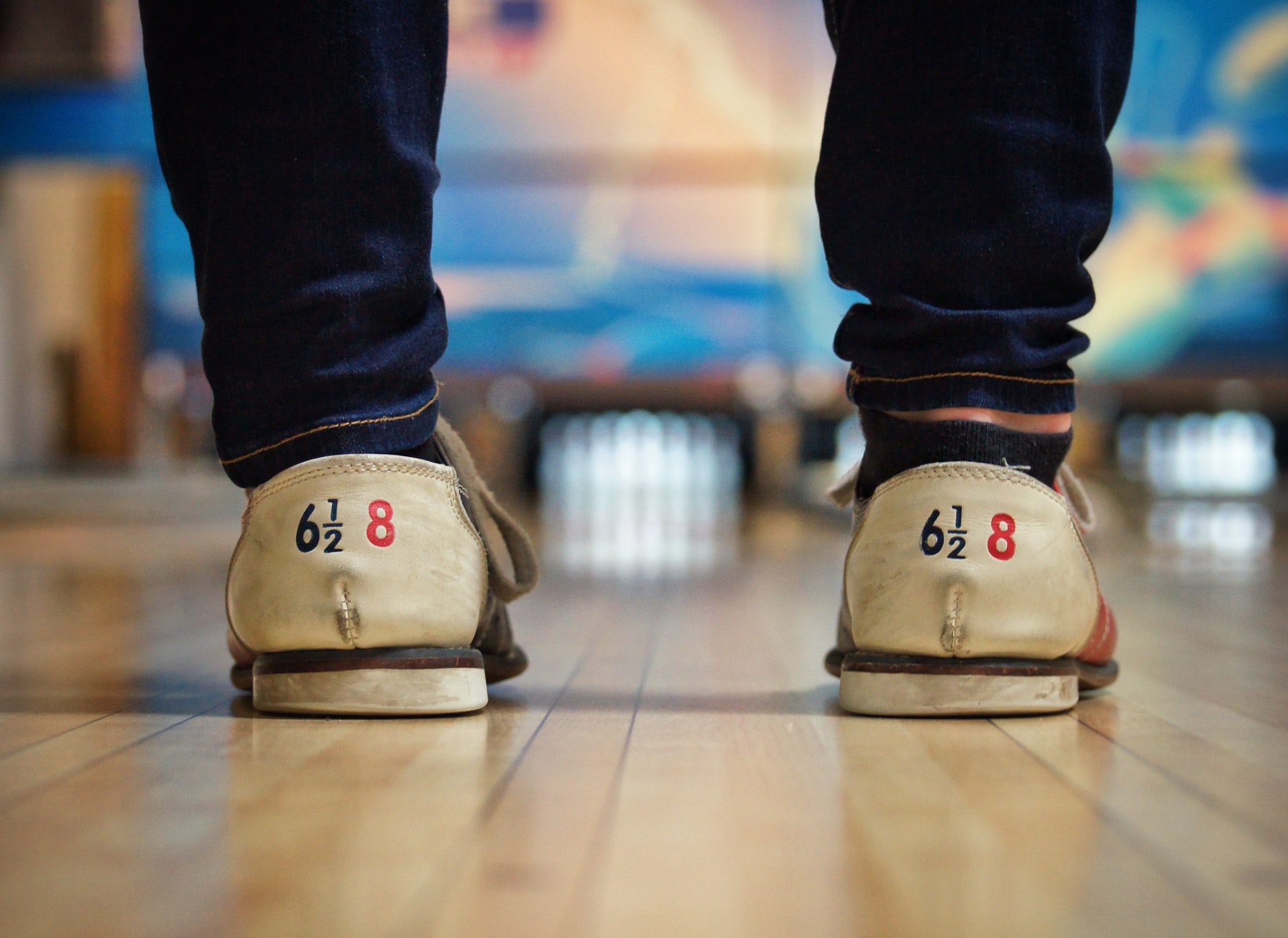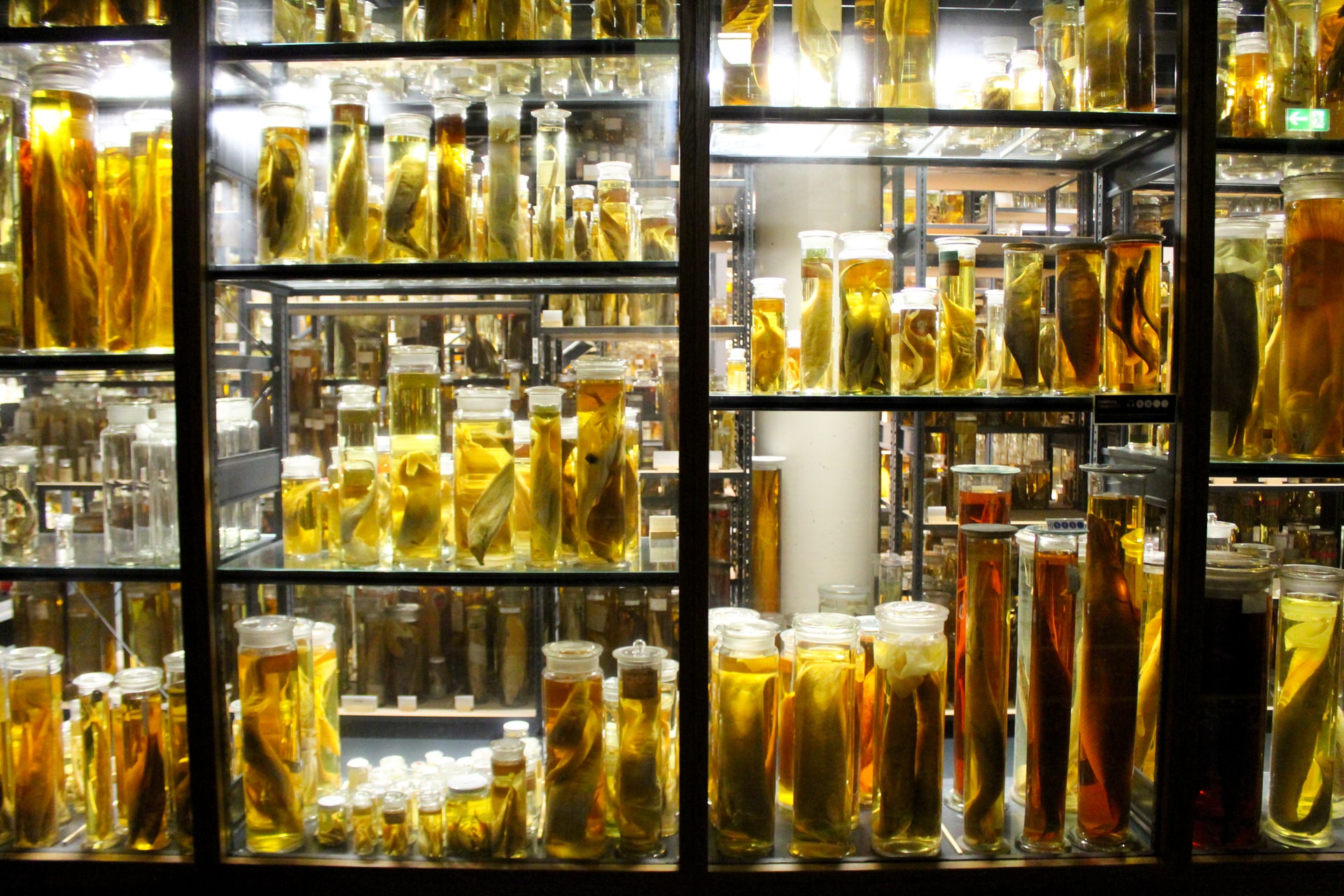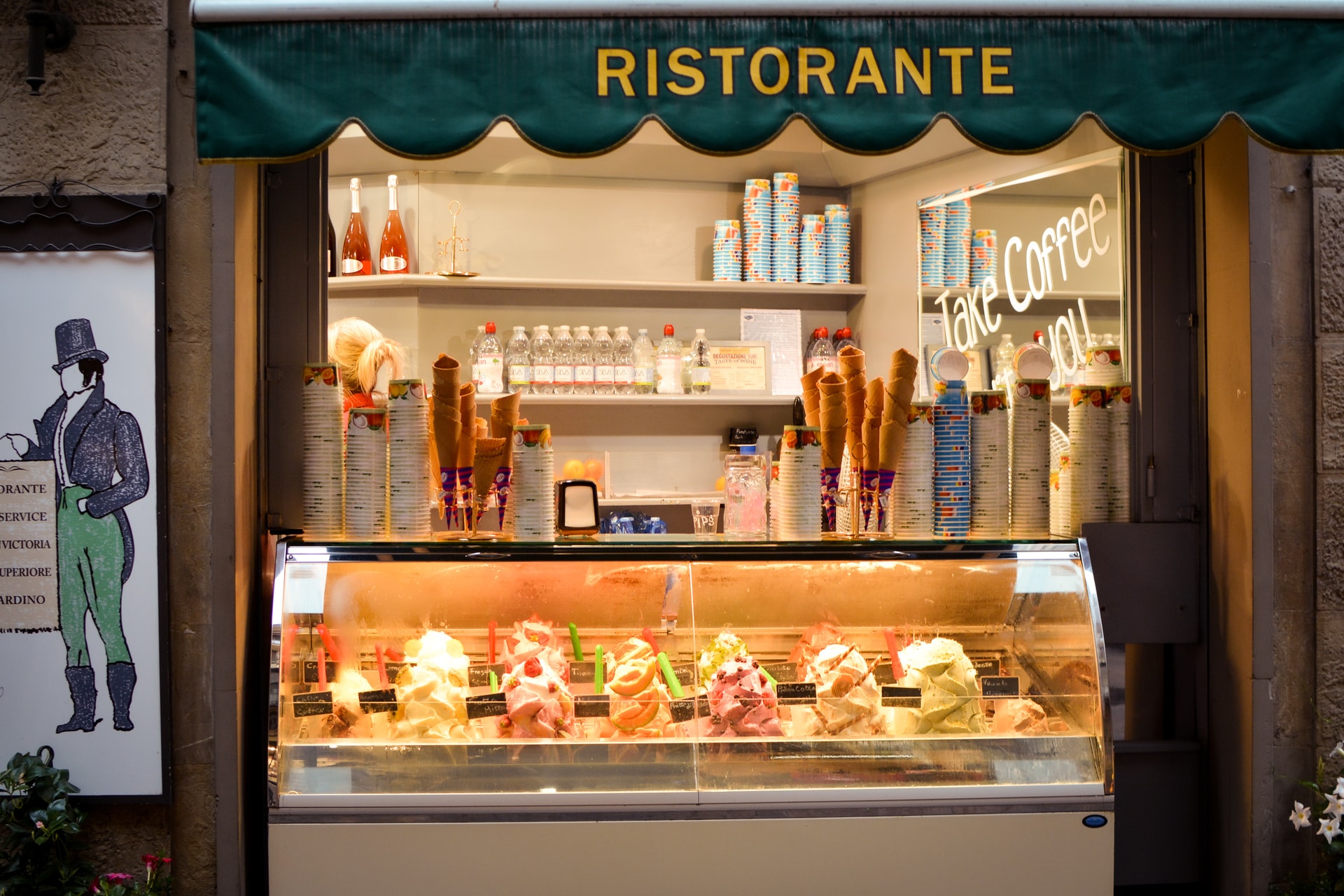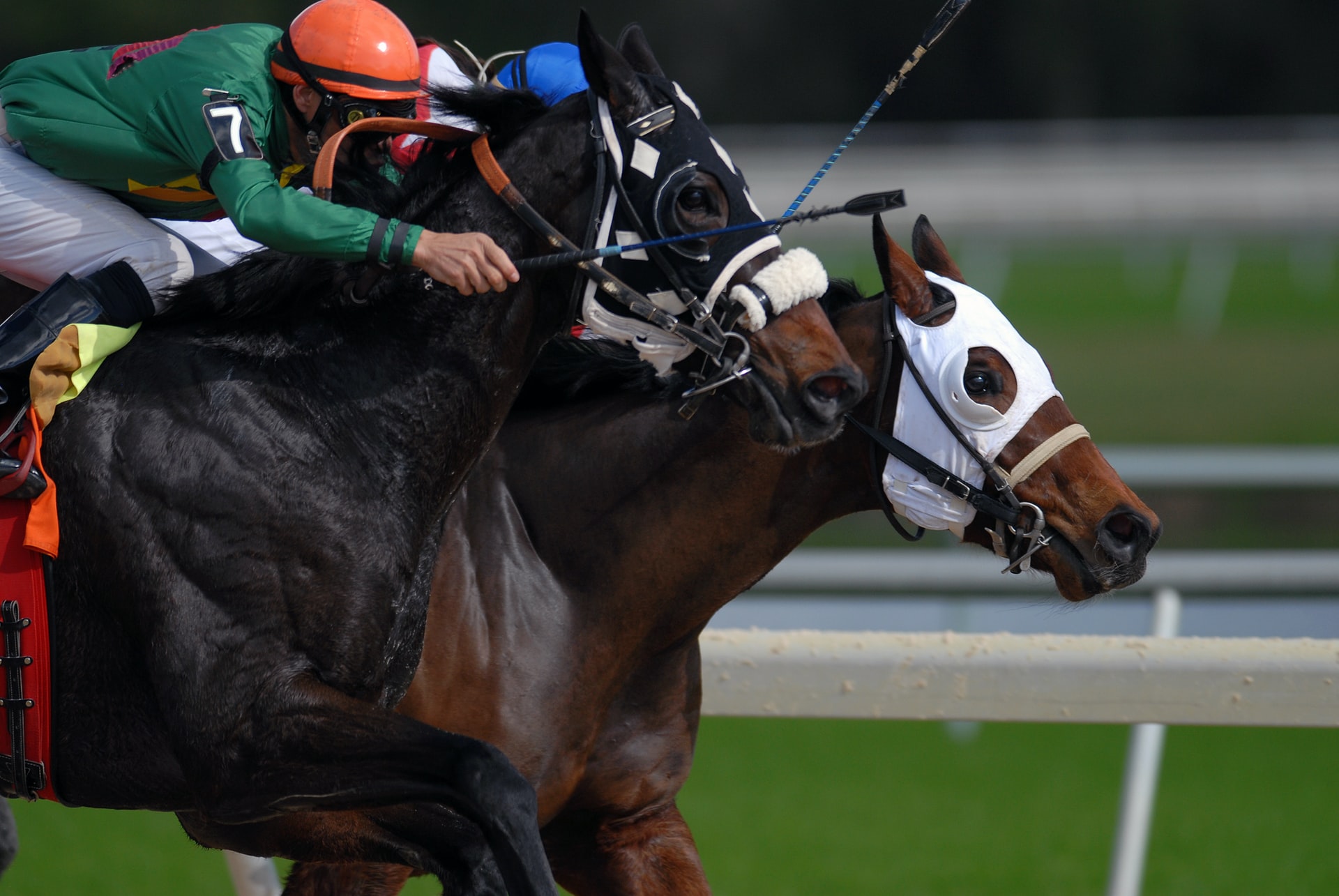He had seen the small diminutive gray gravestone for the first time that morning as he drove down the street on his way to work in the new subdivision. It beckoned him like an enchantress luring him, saying to him come hither and take a look at me.
Juan Garcia Lopez, that was his Mexican name, not his American name, was a carpenter by trade and he worked for a Mr. Don Landers, a developer and home builder by trade of the River Bend subdivision there in the heart of Texas Hill Country. Now since the concrete had been poured and settled for a couple of days on the first home he was building there, it was time for them to get to work framing up the house. Juan was Mr. Landers’s foreman and Juan had half a dozen other Mexican nationals like himself working under him but Mr. Landers had made it perfectly clear to all, in no uncertain terms, that he was the boss here and you did what he told you to do or else.
So since Juan was way early that day as usual, he parked his car along the street, got out, and walked less than ten yards over to the stone that was calling him. The stone had its back to him so he walked around in front of it to read it. It didn’t even come to his knees and therefore because of its diminutive size Juan thought that a child had to be buried here. Engraved upon the face of the stone, in a space a little larger than the size and shape of a legal pad was the name H. Junker, no first name just the initial H. This stone tablet, not even two inches thick, was anchored and stood upright upon another stone about the size, shape, and color of a dull concrete block. And to top it off, there was a dove perched on top. Not a real dove, but a stone dove, dead square center on top, fastened to and sitting there as if it was on its nest.. The gravestone sat under three giant live oaks that had to be at least two hundred years old, their trunks and branches intertwined, their leaves spreading out and towering a good thirty feet into the sky blocking out the hot Texas sun, and providing a circle of cool shade below some thirty feet in diameter. Live oaks that never shed all their leaves at once, are green all year round, and thus classified as evergreens. All cemeteries everywhere have evergreens in them thought Juan. How appropriate these live oaks were here for this lad.
Juan read the name out loud, H. Junker, the man without a first name, a name lost in time, known only to his family. But no family was buried there beside him. Only his lonesome dove kept him company. Juan read further. Next word under the name was an abbreviation, GEB. and what was under it was the answer as to what that meant for there was the date of June 13, 1880. The line under that read GEST. and the date of June 4 1896 written below it. Even one who could not read German understood that GEB was short for born and GEST short for died. After all this was The Texas Hill Country and it had been settled by Germans, tons of them. They even buried their dead in German and that was why the stone was engraved in German not English. Juan did the math. The poor lad never did make it to his sixteen birthday.
Juan had made the assumption that the youth lying here was a boy. An initial was sufficient for a boy he thought. If a girl was buried here, her first name would have been spelled out he assumed. Though he had no facts to back up that theory of his. After all, what did he know about Germans anyway? He was from Cuernavaca Mexico and now he was on the horns of a dilemma as to what to do next.
So he bent over and placed his two hands on what would pass for the shoulders of the grave marker and said unto it, “Rest in peace mi amigo.” Then he stood upright and crossed himself. Juan considered this youth, whoever he was, whatever his name, his amigo. He did this because he assumed that this lad had come to this country, America, in his youth just like he had. Juan was the oldest of a gaggle of dozen children. He left home at sixteen to help his folks out by removing one more mouth for them to feed. Sixteen, just sixteen. This Junker kid never made it to sixteen. Whereas Juan was here in America at age sixteen working on a construction crew. He had lied about his age to get the job. Said he was eighteen. Said he was here legally. He wasn’t. But he was here nonetheless and his life had been a life on the run for the past seven years now, constantly looking over his shoulder. He touched the stone again like he had before but this time he swore that he felt something. Felt as if he was bonding with a fellow immigrant somehow and a tingling feeling electrified his entire body.
He went back to his car but before he got in, he got out of the way as Mr. Landers drove by and waved. Thus Juan was not the first one at work that day as usual. He prided himself on getting there early. Getting there early and staying late had gotten him his job as foreman.
At work later that day Mr. Landers came up to Juan and said unto him, “I see you were looking at that grave marker there. I need you to get rid of it for me Juan.”
Don Landers had his reasons for needing to get rid of it. No one was going to buy that lot even if it had three giant live oaks on it because of that grave marker. When he bought the land he had seen it there and even though he thought it might lead to some problems, he went ahead and purchased the land anyway because he had gotten a bargain. Don Landers knew that the heirs of the estate of the deceased owner no longer lived around here, were old themselves, and wanted to get rid of it. Hence he made them an offer they didn’t refuse. He asked his attorney if the title work showed a cemetery on the land and was told no. Then he told his attorney about the Junker stone. He was worried he said that the state or federal government or some society of some kind or other would step in if they found out about it and want to make it an historical landmark or something and prevent him from removing it. Prevent him from selling the lot that is. His attorney said that all he knew was that Native American groups got upset about their ancestors being dug up. He knew nothing about anybody else stepping in to preserve gravesites he told him. Told him if he was worried about it, he should check it out with an attorney who did know that area of the law. Don Landers never did.
“Juan,” continued Mr. Landers, “See to it that that gravestone disappears. Do it at night when no one is around and I’ll see to it that you get a little something extra in your check this week. Okay?”
“Okay,” said Juan.
After all what else could he say but okay. He had to do what Mr. Landers told him or he’d lose his job. He didn’t want to lose his foreman job and have to start all over again someplace new. A new employer might ask him a lot of questions. Mr. Landers asked him hardly any questions at all when he hired him. Besides his check was little enough now and a little extra something for ‘Juan Lopez’ would be greatly appreciated.
Juan Garcia was Juan Lopez on Mr. Landers’ books. When Mr. Landers asked him for his name, Juan recited all three of his names as was customary in Mexico, Juan Garcia Lopez. Juan being his first name, Garcia being his father’s last name, the father’s name was in the middle in Mexico, the middle being the place of honor, and his mother’s maiden name Lopez came last. Mr. Landers being ignorant of that wrote Juan’s name down as Juan Lopez, his new American name. Juan never corrected him when he got his first paycheck. Best not to rock the boat. Not to cause trouble. Leave well enough alone. If Mr. Landers wanted him to be Juan Lopez, he’d be Juan Lopez. Juan knew that Mr. Landers had done likewise for the rest of the crew and they too said nothing, also not wanting to call attention to themselves, cause any trouble. Juan also knew that they like him, were undocumented and that was why Mr. Landers hired them in the first place. They would work for less, much less, keep their mouths shut, happy to be in America, happy to have a job at any price.
Mr. Landers did keep records though, deducting their wages as a business expense, paying their social security under the false names and numbers they had given him. He did so because he, like most Americans, was scared to death of the most powerful evil ruthless organization known to man, THE IRS.
At the end of the day Mr. Landers nodded to Juan and Juan nodded back. The die had been cast and Juan had been thinking about it all day. He knew what he was going to do now. That night at the bewitching hour of midnight Juan stood before the grave of the youth H. Junker. He had parked his car a good half mile or more away in a mini mall and walked the distance with an obvious shovel in his hand. If he saw a car coming, he darted off the road into the shadows of the trees next to the ditch, ducked down, and waited for it to pass before he continued on his mission. He had made it there unobserved and began digging, and began talking to H. Junker.
“Don’t worry amigo. I am not going to disturb you. Only bury your stone with you that’s all.”
Juan’s plan was to dig a hole, the length of the stone, directly behind the stone. Then ever so gently tip the stone backwards and lay it on top of the remains of H. Junker. His only fear was digging up bones. He had no idea if there was a casket there or not and if so how deep it was. Maybe the poor boy, and by that he meant financially poor as well as un pobrecito, was buried in a pine box that had disintegrated through the years and was now in bits and pieces. All Juan knew for sure was that he had to bury the stone deep enough so that it wouldn’t be discovered if the owner of this lot ran some water or power lines there.
“Forgive me for what I am about to do but it is for the best, for the best for both you and me, mi hermano. Don’t worry I am not going to remove you or your stone. This is where God put you and this is where you will remain.”
Juan finished the job that night but when he pried the stone loose and tipped it backwards, he dropped it a couple of inches above the ground so that his fingers would not get caught and smashed under it. Evidently those last few inches were a few inches too far for when the stone hit the ground the dove broke off. Juan crossed himself, picked up la paloma, stared at it and said, “I hope this is not a bad omen mi amigo.” Then he placed it at the top of the fallen stone where it should be, left it there, filled in the new dug grave, covered it over with the red earth of Texas, and walked back unseen to his car.
That night he slept a fitful sleep, for the dove appeared to him in a dream with a smile upon its beak that seemed to be saying, “Don’t worry. I’m fine. It’s alright.”
Juan went back to work the next morning. When Mr. Landers got there he looked at Juan, said not a word, just jerked his head down the street towards where the stone of H. Junker once was. Juan said not a word in return, just nodded his head yes.
But that was not the end of it for Juan for curiosity was killing Juan’s cat. So he went to the library after work that night and looked up the name Junker on one of the computers there. All he got was that The Junkers were a class of wealthy landowners in Prussia, Prussia then being in northern Germany and now what is part of Poland. Juan did not believe that this boy buried here, by himself, in the middle of south Texas was descended from a Junker upper class family. No this poor immigrant lad was probably penniless. After all, how much money could a fifteen year old have anyway. And whoever bore the cost of burying him put him here, by himself, not in a family plot because he wasn’t part of their family. Maybe it cost them nothing because H. Junker was a ranch hand for the local rancher who once owned this land. Maybe not. Maybe just a charity case. All Juan knew for sure was that this boy left his home to die in a foreign country. Just like he was going to do. He asked the librarian if they had any records of any old local newspapers from 1896 that he could look at to see if he could find an obituary. The librarian told him no. Told him he should check at the courthouse for that. They’d have death records there, she told him. Juan thanked her, said he would do that first chance he got, excused himself, and went back to his small square one room apartment.
The second day he wanted to stop again and look at the spot where the Junker boy was buried but didn’t think it a good idea. Someone, a prospective lot buyer, or just gawkers looking over the new subdivision might see him there by himself. Report him as a suspicious looking ‘Mexcan’ who had no business being there. Also maybe his men would see him there and start asking him what he was doing there. He didn’t want to have to lie to them and come up with a convoluted concocted story that they would know was bogus. So he didn’t stop. Drove by and went to work.
Since Juan didn’t dare ask his boss for some time off to check the county death records at the courthouse, he decided that maybe Mr. Landers could help him. After all, he was a local.
“No Juan,” said Mr. Landers, “I don’t know of anyone by the name of Junker. Besides, I’m English not German.”
That was true. Mr. Landers was part English on his mother’s side but what he didn’t know was that he was part German on his father’s side. Don Landers great grandparents came from Saxony in 1896. Their name was Oberlander but they Americanized it, Anglicized it to Landers during World War I. That was because the Germans had then become the Huns, the Bosche, baby killers, committers of atrocities in Belgium. The German community here in Texas was frowned up, always speaking German, not English, their stores having everything labeled in German so the rest of the folks couldn’t read anything and had to ask for help. They even had their own German newspapers that they seemed to relish reading with delight. Their own German festivals with only German folk, food, and polka music. By God if you come to this country, be an American, not a German, the non Germans scolded the Germans. Consequently Don Landers’ great grandparents dropped the obvious Ober, too German, from their name and shortened their name to Lander. But then decided to add an ‘s’ to it thinking that way it made them English somehow.
Juan let it go. He’d search the county records as soon as they had a rainy day and couldn’t work.
But on the third day he did stop. He parked on the street and looked over at the three live oaks guarding the grave. The wind was up some and rustled through the branches making it look like they were waving at him to come over here and take a look at something at their feet for every so often a gust of wind would blow the branches straight down pointing them to the ground. Again Juan became entranced and responded to their beckoning call, got out, walked over, and found what they had been pointing at. It was the dove that had broken off the stone. On this the third day the dove had risen from the dead for there it was sitting upright, looking at him. The grave was undisturbed. In fact one couldn’t tell that there had been a grave there at all. That was his and Mr. Landers’s little ever so big secret now. How it had come to the surface Juan had no idea. Maybe in the darkness that night and being in such a hurry to get done and get out of there he actually forgot to bury it. Or maybe he did bury it but not deep enough and the wind blew the soil away exposing it. And then again maybe it was God telling him that he should have never done such a thing. That he should have never desecrated this boy’s grave.
He picked it up and held it in his right hand, extended his arm before him, and was about to address it in Shakesperian fashion but then he noticed the time on his wrist watch and stopped. He was fifteen minutes late to work. Had he been anchored in place, captivated with this enchanted setting and somehow had gotten himself lost in time. He looked down the street and saw Mr. Landers and his crew hustling about. He’d have some explaining to do. Then he saw a van, then another, and then another pull into the construction site. He looked over at his car and some more vehicles of the same nondescript variety, all black, all with tinted windows, driving by. Juan looked back to the construction site. Men and women, government agents of some kind or other, of every shape, size, and color, armed and kevlared, were being regurgitated from the vehicles. They buzzed out in pell mell fashion and were everywhere at once. Some swarmed about taking the men into custody. He saw Mr. Landers being led away to a vehicle in handcuffs just like the man next to him. Other agents were squawking on their cell phones, calling in the success of the raid, getting further instructions, requesting further information. Others were documenting those who had been nabbed by typing their names into their laptops, checking their lists, checking them twice. Others were going through Mr. Landers’s truck confiscating his records and grabbing everything they could get their gloved hands on. Others just stood around not knowing what to do. In racial slur terms it was a Chinese fire drill gone bad loading men into Paddy wagons. Or in common sense terms, it was typical overdone screwed up government inefficiency.
It was time to get out of Dodge. Juan walked as nonchalantly as he possibly could the few yards to his car taking furtive glances every now and then at the construction site. He got in his car, closed the door, and reached into his pocket for his keys. It was then that he realized that he still had the dove in his hand. He let go of it, got his keys, started the engine, and rode away. The horsepower of his old rusted out Ford Mustang making good his escape. No posse followed him.
He got back to the boarding house and the second he went through the door his landlady rushed up to him, stopped him, grabbed his hands in hers, and held him arms length at bay in front of her. She was a sweet little old shriveled up thing, a widow, and she had taken a liking to Juan right from the start, taken him under her wing in a motherly hen fashion as one of her brood.
“Juan,” she said, “they were here looking for you. Well actually they were looking for a Juan Lopez. But I knew they were looking for you since they said they were looking for a Juan Lopez who worked for Mr. Landers. I told them there was no Juan Lopez here but they didn’t believe me. They demanded to see my books. I had to let them see them. But they never asked me at all about a Juan Garcia, even though I’m sure they saw your name in my receipt book.”
Thank God for Mr. Landers’s ignorance thought Juan.
“Gracious abuelita,” replied Juan to the grandmother he never had.
See released her death grip on him and went to the closet. She took out two suitcases, handed them to Juan and said, “I packed your things for you. A few things are left but I will see that they find a good home.”
She reached down and took out an envelope from her little old lady knitted, grandma smelling, sweater pocket.
“Here,” she said thrusting it before him, “take this. It’s your damage deposit and the rest of the prepaid rent for the month.”
“I can’t take this,” said Juan shaking his head, refusing to take it.
She stuffed it in his shirt pocket over his objections anyway.
“Gracias.”
“De nada,”
She reached up and placed her hands on Juan’s cheeks, pulled his head down to her, and kissed him on both cheeks.
“Now go,” she commanded, dropping her hands. “Vaya con Dios Juan.”
Juan turned and left without another word. Those ever so beautiful Spanish words, vaya con Dios did not ring hollow with him. They rang ever so true for now he knew he would need God to be with him, to help him make good his escape. His run for the border. Not the Mexican border. The Canadian border. He lit out on Interstate 35, his interstate underground railroad highway that ran all the way to Canada.
He didn’t remember that the dove was still in his pocket until he stopped just short of Ft. Worth for gas. He took it out and placed it on the dashboard. It was his St. Christopher figurine.
Juan never made it. He got nabbed. By a girl. In Minnesota of all places. And now today, fifty five years later that girl was burying her husband Juan in the family plot. Her family plot. The Swanson family plot where her folks were buried along with her three sisters and their husbands on three sides of them. When she was laid to rest next to Juan the circle would be completed, unbroken, everyone would be together, again, forever.
The graveside service was over now. Juan’s widow got up and went over to the grave diggers and said something to them. Then she went over to the casket, opened her purse, and took out the dove, Juan’s dove, and placed it dead center among the flowers on top of the casket. She came back and took her five year old great grandson’s hand. The youth was a Swede through and through with his fair skin, light blue eyes, towheaded mop of flaxen hair, and he asked his great grandmother, “Why did you place that bird on Great Grandpa’s casket Great Grandma?”
“He told me to Sweetie. He said he wanted to be buried with it. It was his good luck charm, he said. Saved his life once.”
“Where did he get it Great Grandma?”
“Oh he said that a boy gave it to him a long time ago.”
“What was the boy’s name Great Grandma?”
“I don’t know Sweetie. I don’t know. He never did tell me his name.”
Author is a retired attorney who started writing stories for something to do in his rusting years.












